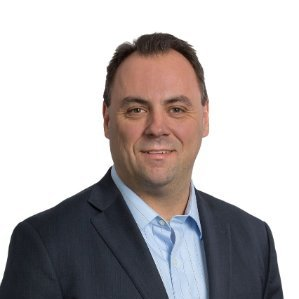
"Interoperability" – a fancy term for the ability to exchange medical data among health-care providers and institutions – is increasingly important in a technologically advancing age, with medicine becoming the realm of highly specialized diagnosticians and others who rely on applied technology for effective treatment.
But as with the rise of data sharing in society in general, the problem of how to protect privacy – and what could need privacy more than medical treatment? – looms problematic. This is exacerbated by the fact that for many if not most Americans, their health insurance, and therefore most often their network of providers, changes with changes in their employment or geographical location.
Title II of the Health Insurance Patient Privacy Act of 1996, commonly known as HIPPA, was passed in order to preserve patient privacy, and it clearly states to whom, and under what conditions, medical information can be shared.
But a lot has changed since 1996, and some in the health-care industry are questioning whether HIPPA is still relevant. And if not, what should they be doing?
“Honestly, HIPPA needs to be rethought, or even rewritten,” Greg Johnson of Health Innovation Alliance told Patient Daily via email.
“Who in health care thinks HIPPA is working right now?" Johnson added. "It’s basically turned into a bunch of meaningless forms that need to be completed that do not improve a patient’s health care.
“Yes, privacy is critical,” he said, but there is also the dilemma that “we cannot neglect that properly sharing data can save lives.
“While Congress recognizes our federal data framework is deficient, and the administration is taking initial steps to address how our country enables data use, health care is not as included in those conversations as it should be. And the urgency of actually doing something is missing," Johnson said. “Our country’s health-care innovation is suffering because of archaic rules that need modernizing, and patients are not fully benefiting from technology.
“That is why we are ramping up discussions in Washington, D.C., to ensure health-care is part of those data framework discussions and that we drive real solutions – now.”